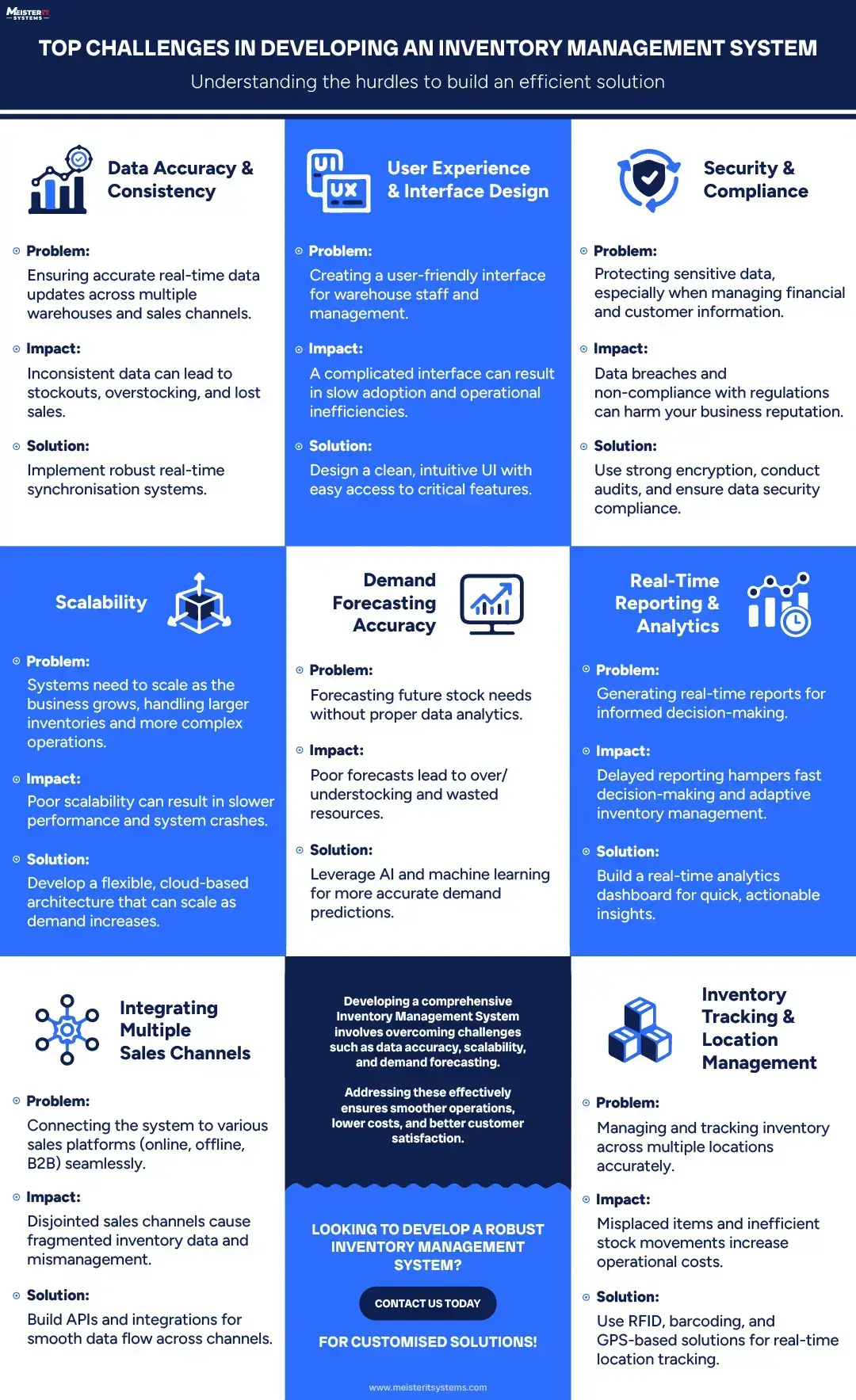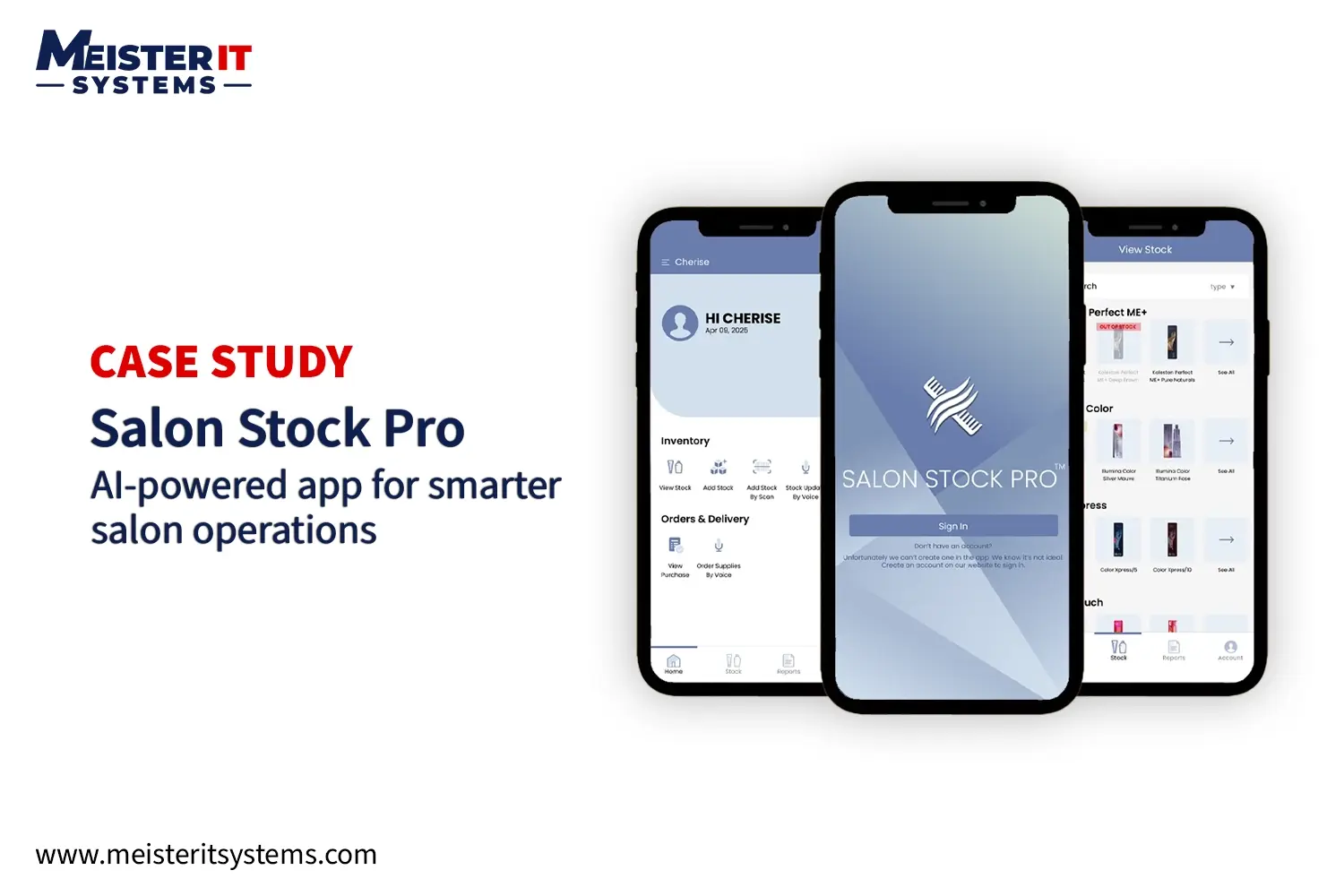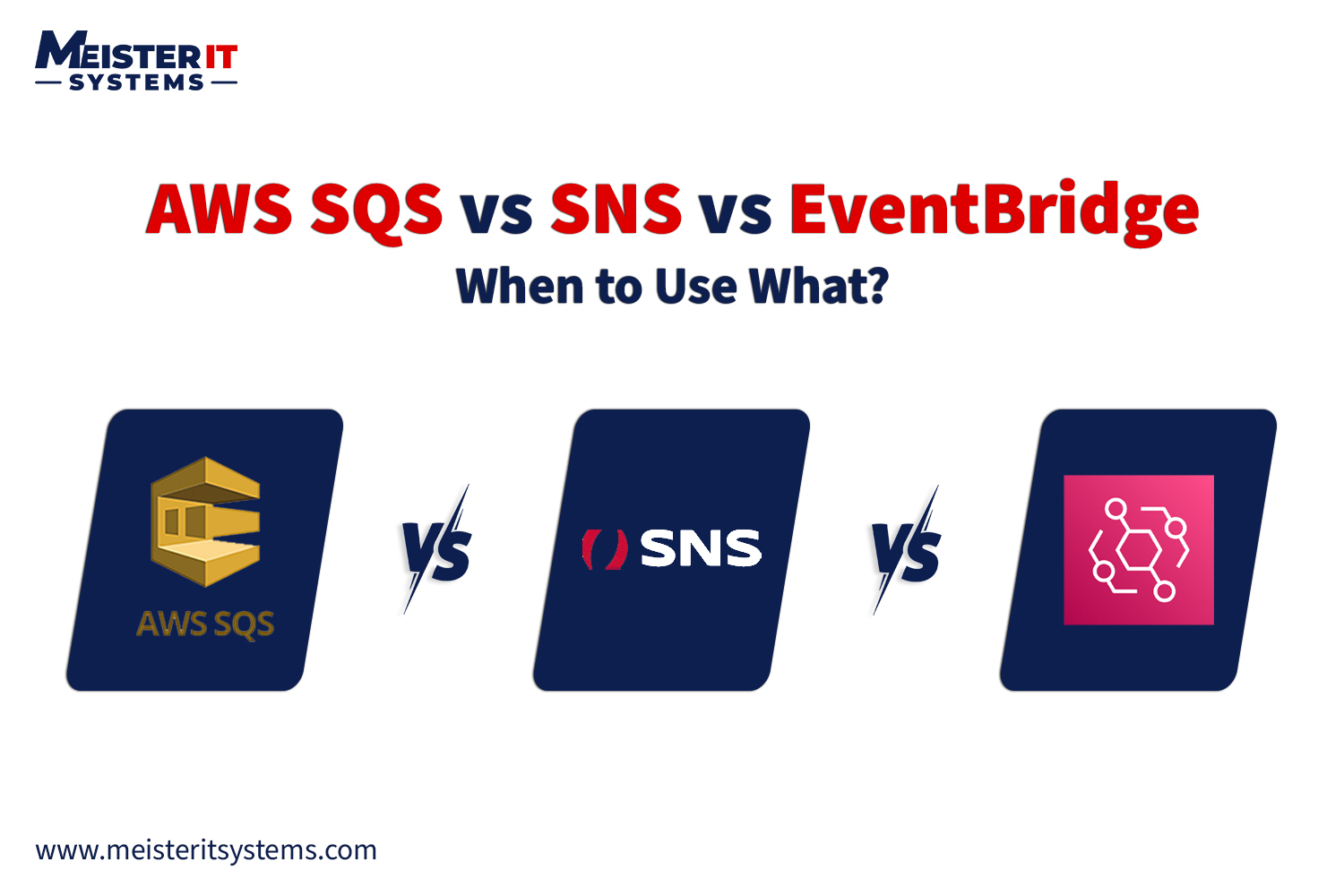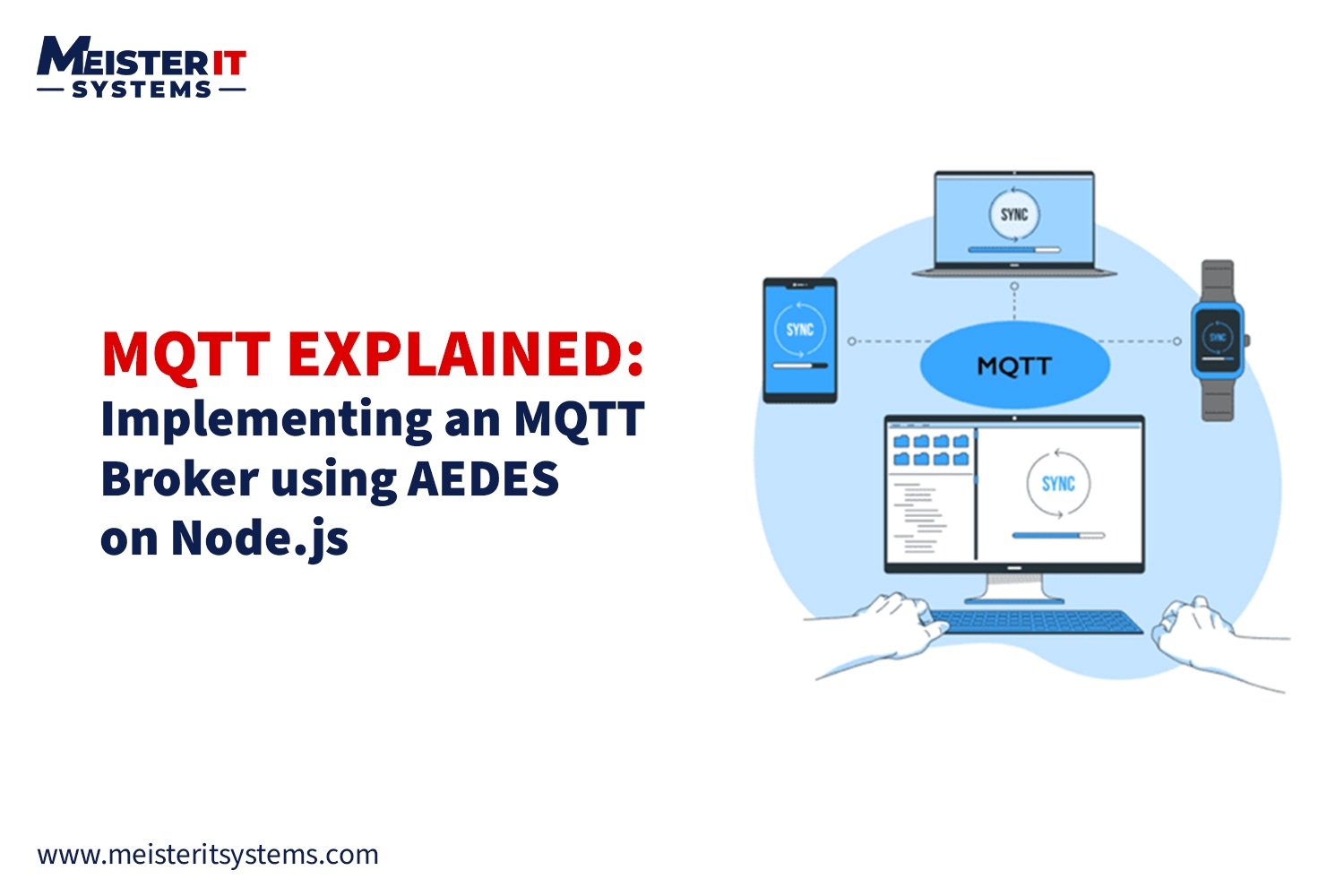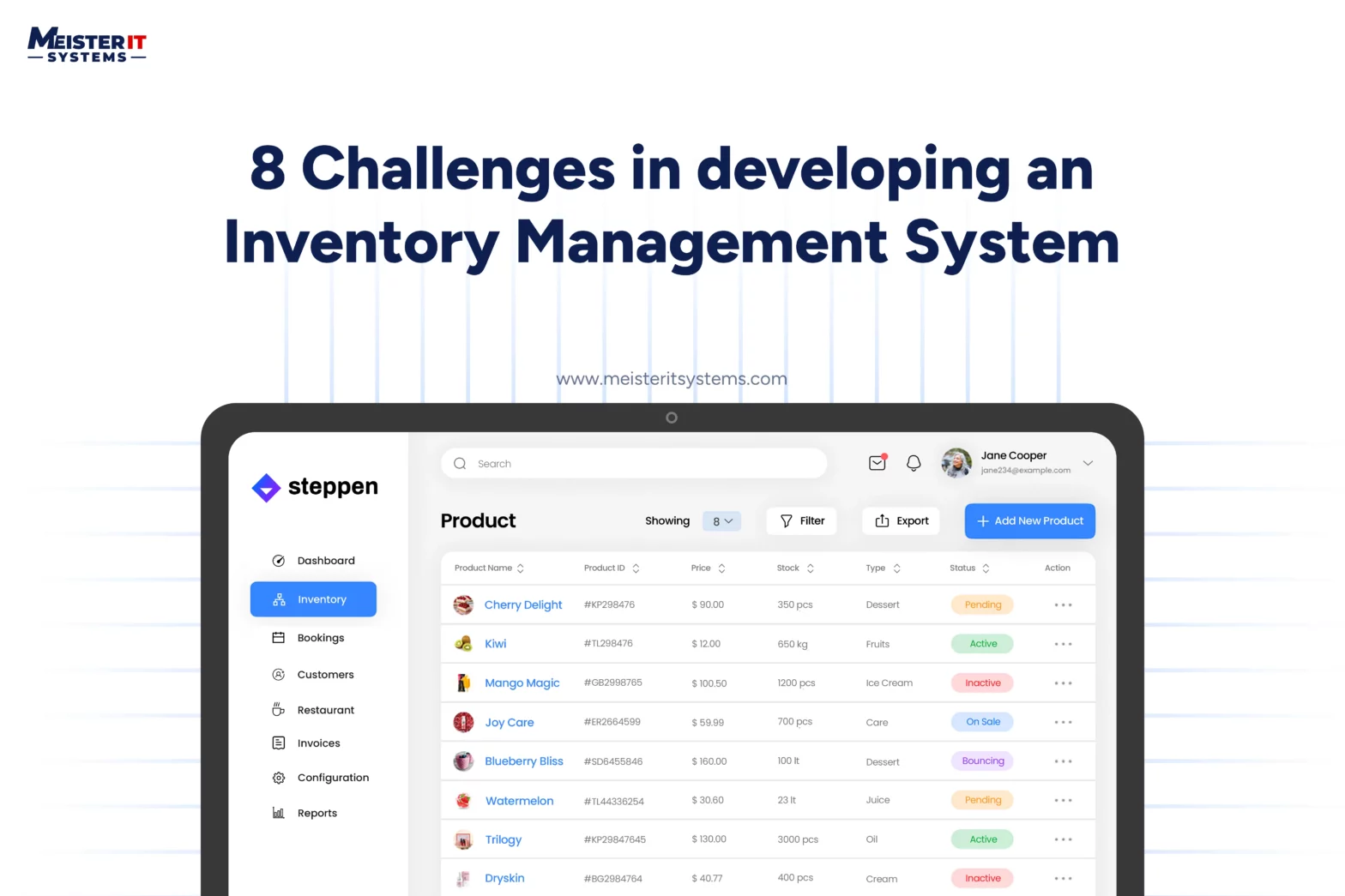
An inventory management system is a crucial tool that helps businesses track, manage, and optimise their inventory levels.
These systems provide real-time data on stock levels, sales trends, and order statuses, enabling businesses to maintain optimal inventory, minimise waste, and streamline operations.
The result? Increased customer satisfaction, reduced costs, and enhanced profitability.
However, developing an efficient inventory management system presents several challenges:
- Data Accuracy and Consistency: Ensuring reliable, accurate data across the system.
- User Experience and Interface Design: Creating an intuitive interface that enhances usability.
- Security and Compliance: Safeguarding sensitive data while adhering to industry regulations.
- Scalability: Building a system that can grow with your business without performance issues.
- Demand Forecasting Accuracy: Improving the precision of demand predictions to avoid stockouts or overstocking.
- Real-Time Analytics: Providing immediate insights for better decision-making.
- Integrating Multiple Sales Channels: Seamlessly connecting various sales platforms for unified inventory management.
- Inventory Tracking and Location Management: Efficiently tracking inventory across multiple locations.
